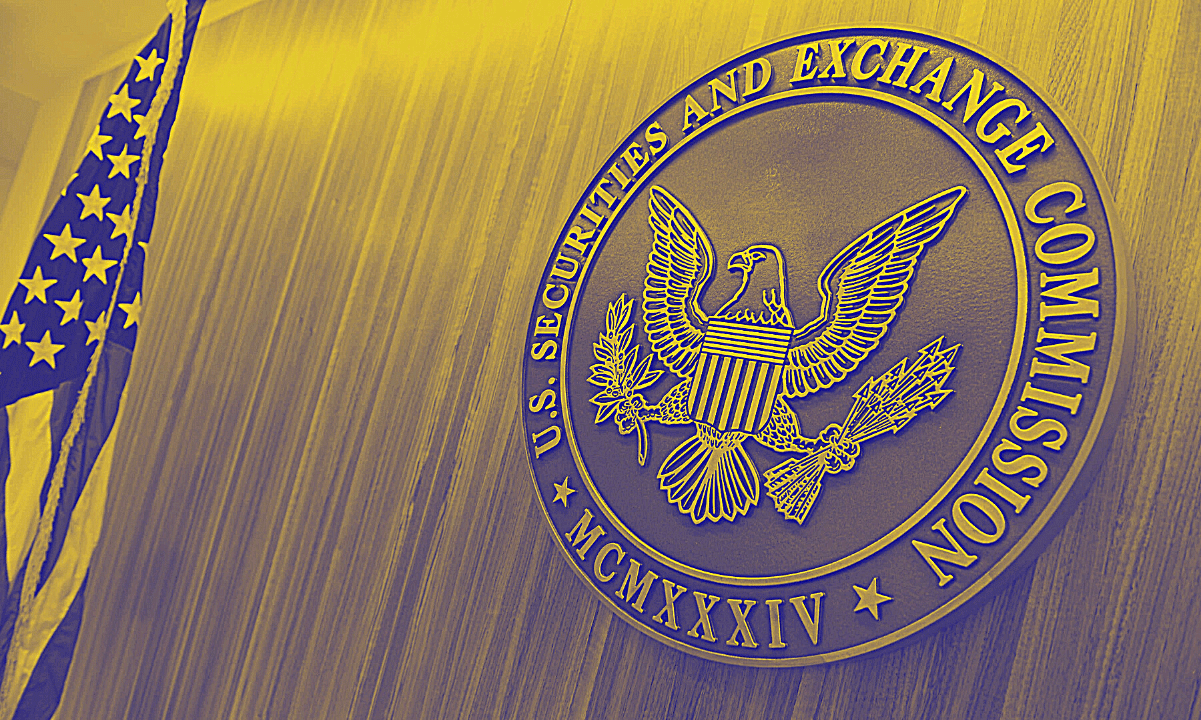

As the Securities and Exchange Commission (SEC) continues vying for regulatory presence over the crypto market, a high-profile industry lawsuit looks poised to answer more questions about how far its authority should reach.
Lawyers defending Ishan Wahi – a former Coinbase manager accused of insider trading – are challenging the SEC’s claim that a list of 9 cryptos Wahi interacted with are, in fact, securities.
Which Cryptos Are Securities?
Per an argument filed on Monday, Wahi’s lawyers claimed that the SEC was attempting to establish authority over the crypto asset sector by setting precedent through the courts, rather than obtaining it from congress.
In July, the DOJ filed an indictment against Ishan Wahi, his brother Nikhil Wahi, and their friend Sameer Ramani for taking part in a cryptocurrency insider trading scheme. The group profited $1.5 million by taking advantage of Ishan’s insider knowledge about new tokens that would be listed on Coinbase, prior to their public announcement.
While Nikhil has since pled guilty to such charges, his brother Ishan has not. According to the latter’s lawyers, the cryptocurrencies with which the brothers traded – including AMP, RLY, POWR, and LCX – aren’t actually securities. Thus, no securities laws could have been violated to begin with.
ADVERTISEMENT
“The SEC seeks to distort the federal securities laws beyond all recognition, and win for itself regulatory domain over an entirely new industry,” read the filing. “That gambit is an abuse of power. Federal law clearly forecloses it. And this Court should reject it.”
A security is an investment contract marked by four key criteria, as established by The Howey Test. For a securities transaction to take place, there must be an investment of money in a common enterprise with an expectation of profits to be derived from the efforts of others.
The defendants claim that the tokens at issue were all sold on the secondary market – thus, buyers never ‘invested’ into any specific enterprise when purchasing them. Furthermore, the value of such tokens derive most of their value from fluctuations within the market, rather than a centralized party’s managerial efforts.
Where the Argument Stands
To this day, SEC chairman Gary Gensler maintains that the vast majority of cryptos pass the Howey Test, and can therefore be classified as securities. Even Ether – the second largest cryptocurrency by market cap – has come under scrutiny for possibly passing the test, particularly after its shift to a proof of stake consensus mechanism.
While Gensler remains tight-lipped about his thoughts on many specific crypto assets, he has conceded that Bitcoin is worth classifying as a commodity, rather than a security. Both the chairman of the Commodities and Futures Trading Commission (CFTC) and crypto-savvy members of congress agree with him on this point.
Binance Free $100 (Exclusive): Use this link to register and receive $100 free and 10% off fees on Binance Futures first month (terms).
PrimeXBT Special Offer: Use this link to register & enter POTATO50 code to receive up to $7,000 on your deposits.
The post appeared first on CryptoPotato






